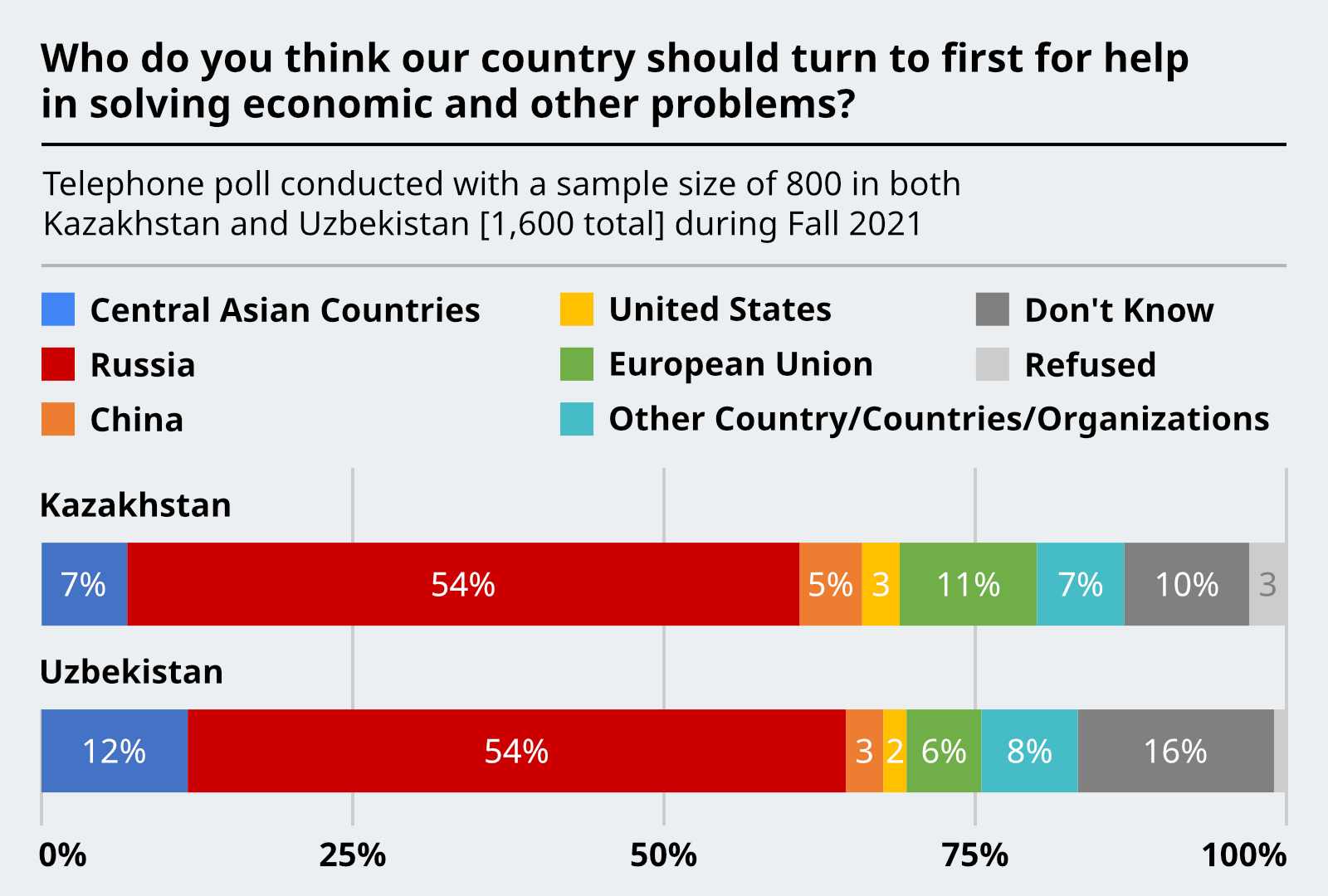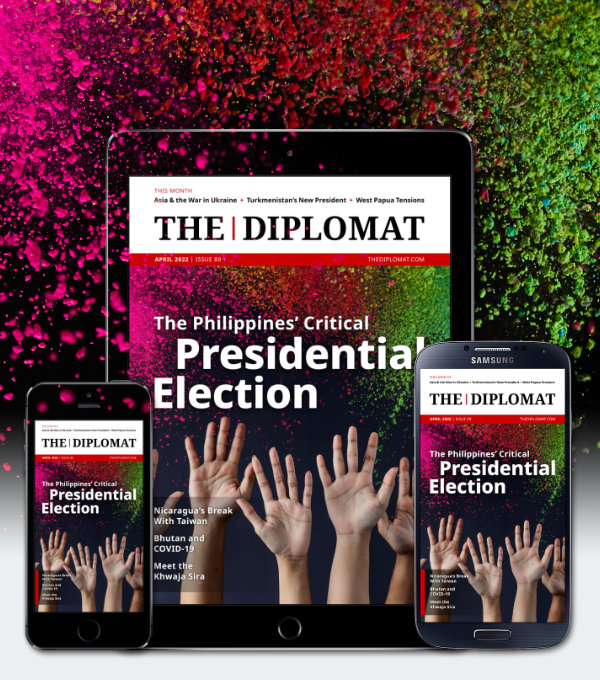| Welcome to the latest issue of Diplomat Brief. This week our top story explores the tangled implications of the new security deal between China and Solomon Islands. We also have an interview with R. Evan Ellis, a Latin America research professor with the Strategic Studies Institute of the U.S. Army War College, about how the U.S. is responding to China’s increased activities in Latin America. |
| Story of the week |  | DIPLOMACY The China-Solomon Islands Security Deal Changes EverythingWhat Happened: On March 24, the text of a draft security agreement between China and Solomon Islands leaked on social media. It sparked a furor both in the Solomons and abroad, largely due to concerns that the deal would give China free rein for security operations in Solomon Islands’ territory – possibly even including a military base. Solomon Islands’ Prime Minister Manasseh Sogavare tried to refute the criticisms but also pushed ahead with the deal, which is reportedly being “cleaned up” before an official signing ceremony. Our Focus: Solomon Islands’ relationship with China has been a thorny issue domestically. Longstanding tensions between Guadalcanal, the location of the capital, and the island of Malaita, have also been mapped onto China policy, with Malaitans generally preferring to partner with Taiwan (despite Sogavare severing relations in 2019). Tensions erupted into violent riots in November 2021, which saw peacekeepers from Australia and New Zealand deployed to help maintain order. In the future, Chinese troops might be deployed to do the same, stoking alarm among Malaitans about a more violent crackdown in the offing. “Solomon Islands’ history virtually guarantees the kind of civic disorder that could trigger Chinese boots on Solomon Islands ground,” Patricia O’Brien, a visiting fellow at the Department of Pacific Affairs, Australian National University, writes for The Diplomat. And that’s just the domestic repercussions; Solomon Islands has a strategically critical location, and the possibility of it hosting a Chinese military base put Australia, New Zealand, and the United States on high alert. What Comes Next: The China-Solomon Islands deal seems to be a wake-up call to the United States, in particular. Washington has been largely sleepwalking through its approach to Pacific Island countries; the U.S. doesn’t even have a embassy in Solomon Islands. “This [U.S.] attention to the Pacific is long overdue, but it will come at a price,” writes O’Brien. “In the words of Solomon Islands opposition leader Matthew Wale, Sogavare perceives ‘China as a genie that will act on his beck and call.’ Sogavare has released this genie from the bottle by signing onto the China security agreement; now the costs for his country, and the region, may be far higher than he bargained for.” Read this story |
| Behind the News | INTERVIEW Evan EllisDr. R. Evan Ellis, a Latin America research professor with the Strategic Studies Institute of the U.S. Army War College, on how the pandemic could advance China’s influence in Latin America: “PRC-based companies are poised to expand their presence in the region in coming years through mergers and acquisitions, as Western companies shore up their post-pandemic positions by selling off assets in weakly performing markets like Latin America.” Read the interview |
| This Week in Asia | Northeast Asia Shanghai’s COVID Lockdown ContinuesThe near-total lockdown in Shanghai, China’s largest city with a population of 26 million, stretched past its original expiry date as the COVID-19 outbreak continued. It’s the biggest lockdown China has seen since the shutdown of Wuhan and neighboring cities in early 2020. Despite recording over 73,000 cases since March in Shanghai alone, China is still trying to revert to “zero COVID” in the city. Meanwhile, more and more residents are complaining about a lack of access to food, healthcare, and daily necessities, a pattern repeated whenever major lockdowns occur in China. Find out more | South Asia Sri Lanka’s Economic Crisis Turns PoliticalPower outages, food shortages, and high costs continue to mount amid Sri Lanka’s foreign reserve crisis. That has sparked mass protests, with thousands of Sri Lankans taking to the street to demand the ouster of the Rajapaksa clan, including President Gotabaya Rajapaksa and his brother, Prime Minister (and former president) Mahinda Rajapaksa. Amid the turmoil in Colombo, outside powers – including India and China – will be keen to find a way to turn the chaos to their own advantage. Find out more | Southeast Asia Indonesian Public Opinion in the SpotlightThis week, Sydney’s Lowy Institute released the findings of its first survey of Indonesian public opinion since 2011, quizzing around 3,000 people on topics ranging people’s views of democracy to the country’s foreign policy. The survey found that Indonesians have soured on China over the past decade, as its investment presence has grown and it has become more assertive in the South China Sea. At the same time, trust in the United States remains middling, suggesting that Indonesian policymakers’ long-standing preference for an independent and non-aligned foreign policy is shared by the public at large. Find out more | Central Asia Kazakhstan on a Diplomatic Blitz in EuropeLast week, Kazakh officials gave several interviews that served to flesh out Kazakhstan’s position vis-a-vis Ukraine – at least its position when speaking to European audiences. Nur-Sultan wants Europe to know that it won’t help Russia circumvent sanctions, but Kazakhstan is also open for any businesses that want to relocate in order to serve Eurasian (and Russian) customers more easily. Find out more |
| Visualizing APAC |  | Source: Central Asia Barometer A public opinion survey by the Central Asia Barometer finds that the vast majority of people in Kazakhstan and Uzbekistan see Russia as the partner of choice – at least as of fall 2021. See the full picture |
| Word of the Week | SOCIETY خواجہ سراKhwaja Sira: The Urdu term used to refer to Pakistan’s transgender community. Find out more |
|  |




